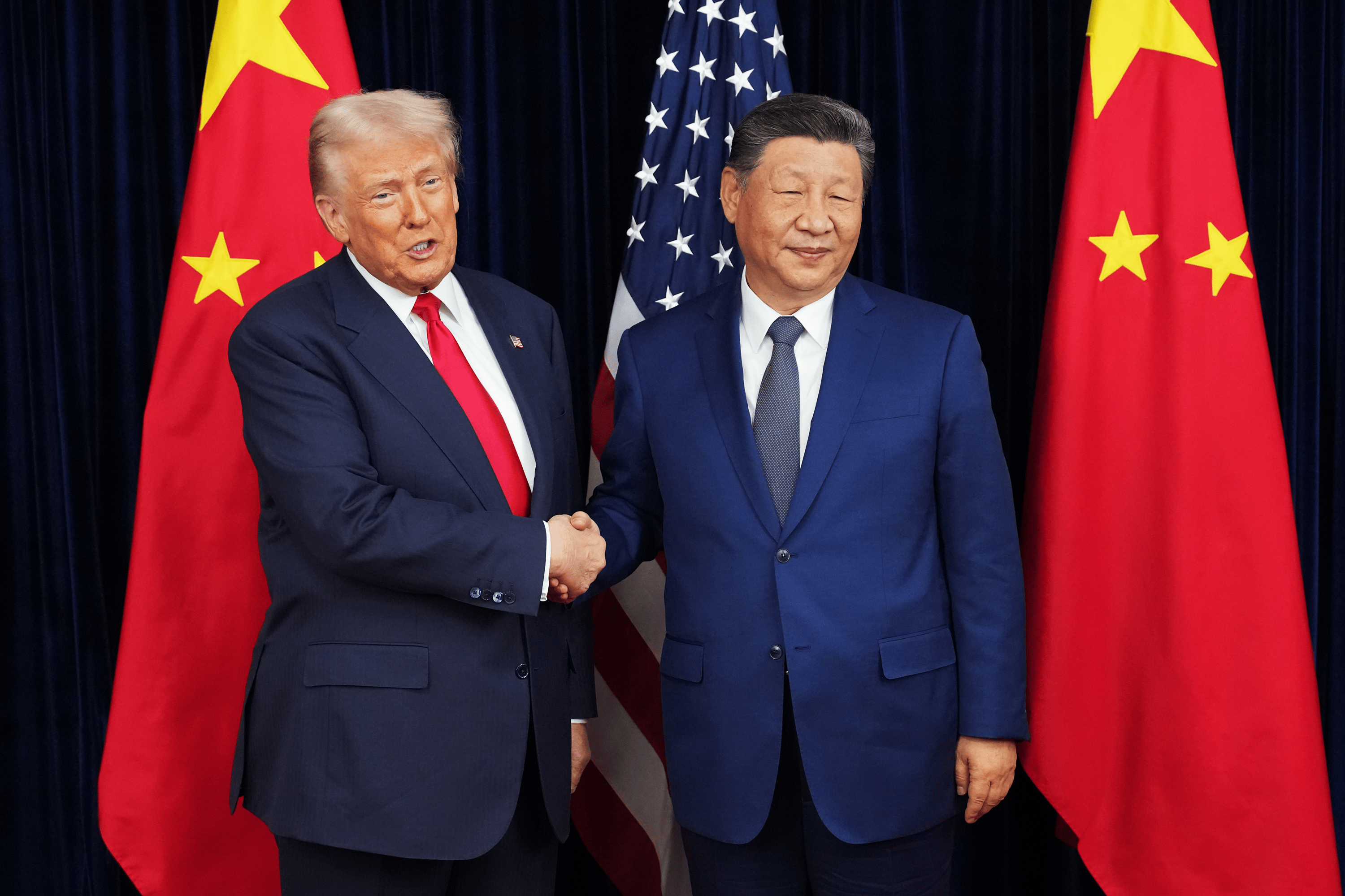Imports surged in March ahead of the tariffs, but what happens next?
The U.S. will import less and our exports will likely also suffer because of retaliatory tariffs from other countries.

The trade deficit surged 14% to a new record high in March. The U.S. imported nearly $141 billion more than it exported — that’s what we call stockpiling. Now, the question is, where does it go from here?
Everyone has been stockpiling, but in March, one industry went so much harder than all the rest.
“We saw a $20.9 billion surge in pharmaceutical product imports,” said Bradley Saunders, a North America economist with Capital Economics. Medicine was the vast majority of the import surge and almost all of it came from Ireland.
“The U.S. actually ran a larger bilateral trade deficit with Ireland than it did with China,” he said.
Gold was another major import in March. Big financial institutions bought a lot of it. “Literally flying bricks of gold from London,” said Brett Ryan, the senior U.S. economist at Deutsche Bank.
But of course, it’s not just gold and pills. Companies have been stockpiling electronics, clothes and more for months now ahead of tariffs. And now that all that stuff is here, importers are kind of done for a while.
“Imports will go down in the second and third quarter,” said Carl Weinberg, chief economist at High Frequency Economics. “There’ll be payback for this. A lot of transactions have already occurred that would’ve normally in the second or third quarter. They won’t happen a second time.”
Imports are going to be depressed for a while and that’s going to bring that record high trade deficit right on down. What’s going to happen to exports is a lot trickier.
“I mean, the thing about U.S. exports is that we often export intermediate materials that come back to us,” said Ryan at Deutsche Bank.
In other words, we sometimes export stuff that gets made into other stuff that we then import. So if we’re not going to import so much, we might not be exporting so much either.
“And the other thing, you know, is retaliation,” said Bob Murphy, a professor of economics at Boston College.
Europe is reportedly considered slapping tariffs on $114 billion worth of U.S. goods, for example, which would cut down U.S. exports. But there are still so many unknowns.
“The bigger question going forward is whether the tariffs ultimately stick or not,” Murphy said.
Very hard to know anything about trade policy one hour to the next let alone one quarter to the next.













